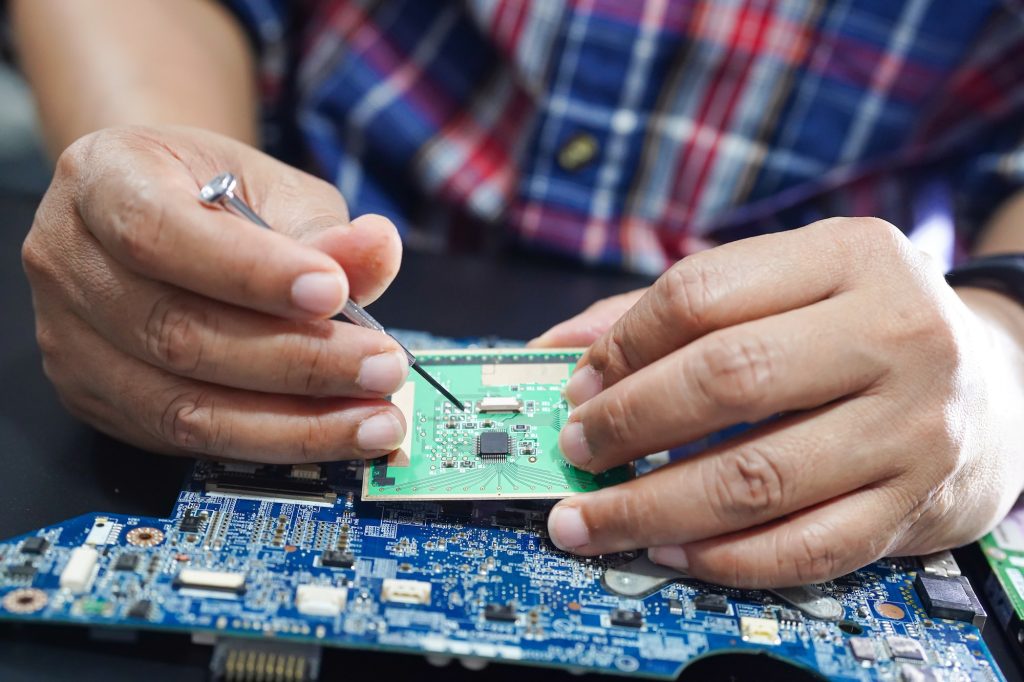Group of NGOs urges the EU to reform e-waste legislation
The WEEE Directive, the EU’s flagship legislation on e-waste, has been largely unchanged since its entry into force. However, the NGOs argue that the directive is ill-equipped to deal with the massive changes in the consumption of electronics and technical capabilities.

Environmental NGOs are calling for the European Union to take action on electronic waste and revise the Waste Electrical and Electronic Equipment Directive (WEEE Directive), according to a communication by the European Environmental Bureau.
This call comes in response to new data published by Eurostat, showing the significant increase in electronics on the EU market, which grew by more than 85% between 2013 and 2021, leading to a corresponding rise in e-waste. Yet, less than half of the 13 million tonnes of electronics sold in the EU in 2021 were collected as electronic waste.
The WEEE Directive is a legislative act adopted by the EU in 2012 to address the increasing e-waste problem. It sets responsibilities for businesses selling and/or using Electrical and Electronic Equipment (EEE), aiming to limit the creation of e-waste, encourage more efficient resource usage, and promote the recovery of raw materials. The directive requires manufacturers, distributors, and sellers of EEE to contribute to ensuring waste management, including the collection, treatment, and recycling of their products at the end of their lifecycle.
However, in a joint statement, the 27 NGOs argue that the current focus of the WEEE Directive on waste management is inadequate. They urge the European Commission to rapidly overhaul the directive, emphasising that sustainability and the circular economy must play a larger role in future legislation (an overview of the EU’s WEEE rules can be found here).
Why does it matter?
E-waste has significant long-term environmental impacts, including soil and water contamination, air pollution, impacts on biodiversity, and human health risks. Despite the increase in the total amount of electronics on the market, the amount of WEEE collected has remained relatively stable, indicating that the current system is not effectively managing the growing e-waste problem. Reforming the WEEE Directive is therefore essential to address the growing e-waste problem, enhance the focus on sustainability and the circular economy, mitigate the environmental impacts of e-waste, improve resource usage and recovery, and streamline administrative processes.

